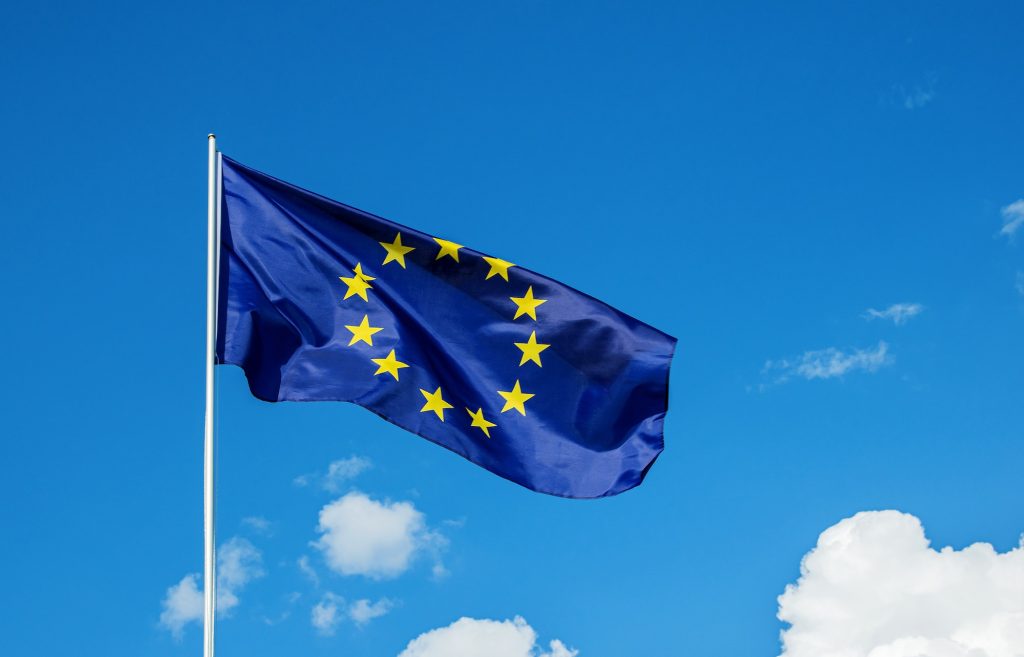The European Parliament adopted its position on the European Media Freedom Act
The European Parliament has adopted its position in favor of the new European Media Freedom Act.
The EP is now to negotiate with the Commission, on the final text of the new regulation.

On 3 October, The European Parliament officially adopted its position on the long-debated European Media Freedom Act (EMFA), with 448 MEP’s in favour, 75 abstentions, and 102 against.
EMFA aims to safeguard media plurality and the independent work of journalists and prohibit any hindrance caused by political, private, economic, or governmental actors. MEP’s agreed that the obstruction of editorial decision-making in the forms of revealing sources and retrieving encrypted messages from the devices of journalists should be illegal. MEPs also argued that the use of spyware against the media can only be justified in cases related to severe crimes, such as human trafficking and terrorism, and only if previously allowed by an appropriate, independent judicial body.
The EMFA aims to regulate the obligations of all media providers to provide transparency, publish information concerning their ownership structure, state financial support (including support from non-EU countries), and state advertising.
To control the unnecessary deleting or restricting of media content by big platforms such as X or Meta, EP adopted the 24-hour window method. It entails the possibility for the big platforms to remove content if they find it goes against its terms and conditions, but it also gives media providers the possibility to object to it within 24 hours. If the platform removes its content regardless of the provider’s response, the provider may plead their case to national regulators, who will have the final say.
According to EMFA, a new independent body is to be established- The European Board for Media Services to ensure its impartiality and its independence from the Commission.
Why does it matter?
Before the EP and EC adopted their position, the regulation sparked controversy among non-governmental organizations. Despite the public resistance of certain actors, both the European Parliament and the European Commission have adopted their positions and are soon to negotiate on the final shape of the new regulation.

